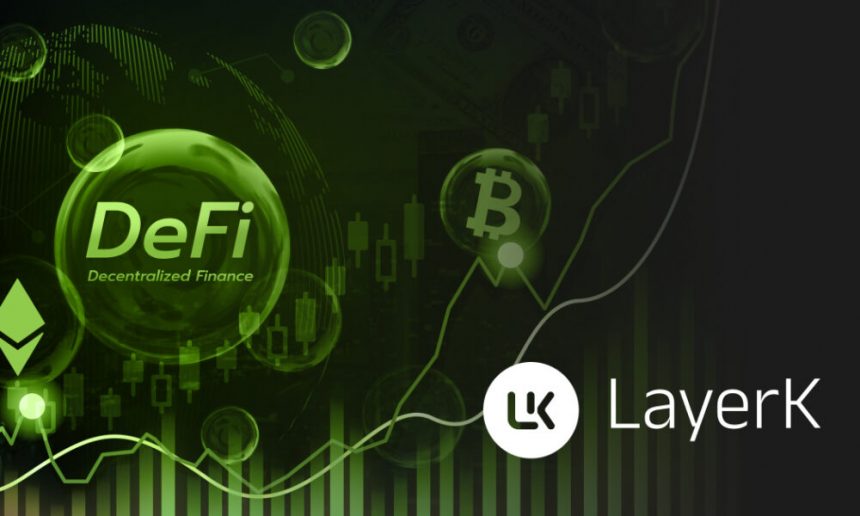The process of individuals depositing their money into a bank has been standard for decades. Thankfully, however, the rise of blockchain technology and cryptocurrencies is challenging this centralized structure, bringing the concept of decentralization to the forefront of financial innovation.
Why Decentralization Matters
Peer-to-peer Transactions
Decentralization in the world of cryptocurrency empowers individuals by removing intermediaries such as banks and governments from the transaction process. Instead, transactions occur directly between peers, granting users more control over their funds and significantly reducing transaction times and fees. This shift not only benefits those with access to modern banking but also opens doors for the unbanked and underbanked populations globally. Through simple internet connectivity, these individuals can now access banking services and engage with the global economy, bypassing traditional financial barriers.
Enhanced Protection
Unlike centralized financial systems that can be controlled and manipulated to enact fraud and censorship, decentralized cryptocurrencies are built on blockchain technology, which utilizes a distributed ledger system. This system records transactions across multiple nodes, making it exceedingly difficult for the data to be altered fraudulently. The integration of cryptographic algorithms and consensus mechanisms further ensures the integrity and immutability of transactions, thereby enhancing trust and security for users.
Fostering Innovation
The decentralized nature of cryptocurrency encourages a culture of innovation. Open-source protocols within the blockchain space allow anyone to contribute to the development of new platforms and applications. This collaborative environment has spawned a dynamic community of developers, entrepreneurs, and enthusiasts, driving continual innovations such as Decentralized Finance (DeFi), Non-Fungible Tokens (NFTs), and Decentralized Autonomous Organizations (DAOs). These innovations extend beyond traditional financial services, offering novel ways to lend, borrow, and trade.
No More Unbanked Population
Traditional banking systems can be exclusionary, sidelining marginalized communities with high fees, strict requirements, and geographical barriers. Cryptocurrencies dismantle these barriers, enabling individuals anywhere to engage in the global economy without traditional bank accounts. This capability not only empowers the unbanked but also makes cross-border transactions easier and cheaper, fostering economic growth and reducing remittance costs for migrants.
Reshaping the Financial Landscape
The shift towards decentralization holds transformative potential for the future of finance. As global interconnectivity increases, decentralized finance challenges and provides robust alternatives to its traditional counterparts, emerging as a crucial tool in bridging economic disparities and empowering people worldwide.
Embracing decentralization can lead to a more equitable, transparent, and accessible financial world, unlocking vast opportunities for millions and accelerating technological progress. As we continue to witness the growth and evolution of this sector, it becomes clear that the future of finance may very well rest in the hands of decentralized technologies, reshaping how we think about money and its management in a connected world.
About LayerK
LayerK is a tech company that combines state-of-the-art hardware and innovative software to empower individuals and businesses to become participants in tomorrow’s digital economy. Our cutting-edge solutions leverage advanced computing and blockchain technology to pave the way for a future of individual independence.
Learn more about the LayerK ecosystem by visiting our website or following us on our social media accounts.
Website: https://layerk.com/
Telegram | Facebook | Instagram | Twitter








